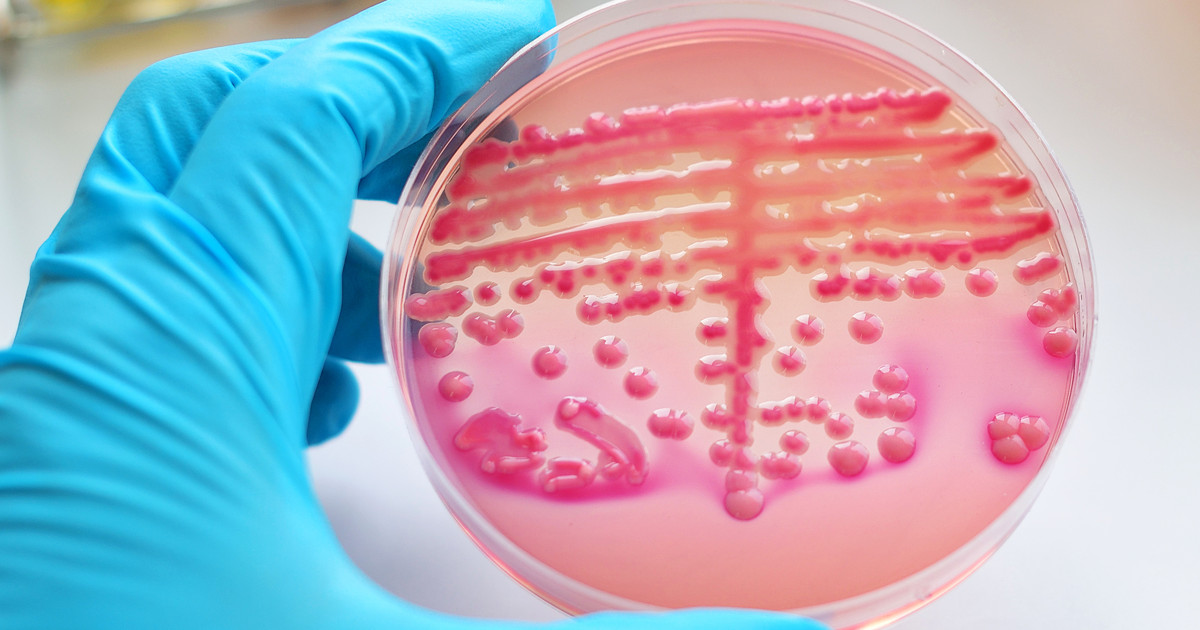Learn About Rifampicin
Rifampicin handles serious bacterial infections. Of course, ladies, this is because it's an antibiotic! You can take a tablet or get an IV for this one. When you have active tuberculosis, you will take about 10 mg daily for every kilo you weigh. Your max dose is 600 mg daily. Ladies, expect to take this antibiotic for 6 months. You will likely take other medications at the same time as this one! Tell your doctor about any side effects that stick around, bother you, or are severe.
Ladies, this one's a strong tuberculosis treatment. That said, there are other medications for TB that you have available! This antibiotic also works as a leprosy treatment and, of course, a treatment for endocarditis too. Just remember, you have to know how it works before you take it!

How It Works
Ladies, rifampicin's an antibiotic! It's also considered an antimycobacterial medicine. Overall, this one's going to handle bacterial infections very well. It'll do it by stopping bacteria from completing RNA synthesis! This medication's going to stop the RNA transcription process. This happens when it binds to a part of the DNA-dependent RNA polymerase. Specifically, to the beta subunit! Your liver will absorb this antibiotic. And ladies, you'll get rid of it through your stool!
This medication will be at its peak concentration in 2 to 4 hours. Ladies, it comes with a half-life of 3 to 4 hours when you're healthy! Liver issues extend this. The half-life reaches up to 11 hours when you have end-stage kidney disease.
Uses
This medication treats tuberculosis. It's great at it! Of course, it's often used along with other medicines for this. Some doctors even prescribe rifampicin to prevent this condition! It has other uses too, like preventing meningitis. However, it only works when you have Neisseria meningitidis bacteria in your nose or throat. Ladies, it stops you from spreading this bacteria! This antibiotic doesn't handle the symptoms of meningitis. It does, however, help with joint infections, leprosy, and endocarditis.
Ladies, this antibiotic works on central nervous system infections too, like brain abscesses and encephalitis. It even has 'off-label' uses, like for itching from liver disease. You will even benefit from taking it for brucellosis!

Side Effects
This medication has some side effects, just like any other one! Ladies, the common ones are headaches, nausea, upset stomach, and heartburn. You're likely to see changes in your period cycle too! It also triggers color changes in your tears, pee, sweat, and saliva. Expect orange, red, or brown. These go away when you stop taking rifampicin, but the discolored teeth are usually permanent! Don't be surprised about feeling pain in your abdomen, appetite loss, diarrhea, and some changes to your coordination or behavior. These are all side effects too.
Ladies, this antibiotic often changes some lab test results. You will see shifts in liver function, red blood cell counts, and serum uric acid level tests! Your results will be lower for red blood cells and higher for the other two in most cases. Ladies, this medication can mean liver disease for some of you. That means you have to know those warning signs! They include pain in your abdomen, dark pee, jaundice, and persistent nausea. Talk to your doctor right away about all of these.